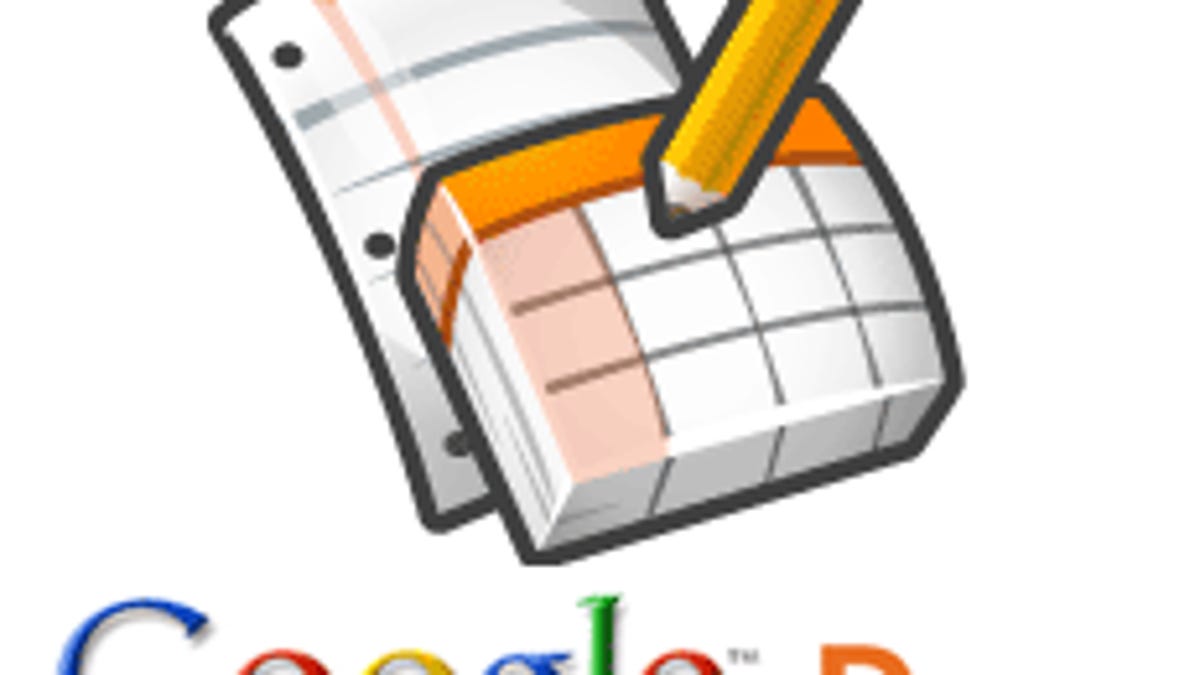Google Docs suffers privacy glitch
The search giant notifies some users of Google Docs that some of their documents weren't as private as they should have been.

Google discovered a privacy glitch that inappropriately shared access to a small fraction of word-processing and presentation documents stored on the company's online Google Docs service.
"We've identified and fixed a bug which may have caused you to share some of your documents without your knowledge. This inadvertent sharing was limited to people with whom you, or a collaborator with sharing rights, had previously shared a document," the company said in a note, quoted at TechCrunch, that the search giant sent to affected people. "The issue only occurred if you, or a collaborator with sharing rights, selected multiple documents and presentations from the documents list and changed the sharing permissions. This issue affected documents and presentations, but not spreadsheets."
Google said in a later statement that the problem affected only 0.05 percent of documents stored at the site and that affected Google Docs users had been notified.
Though the documents were shared only with people whom the Google Docs users had already shared documents, rather than with the world at large, the problem illustrates one downside of cloud computing, in which Internet servers host software previously run on a person's own computer. The flip side of a cloud-computing advantage, that a person can get access to those documents from any Internet-connected computer or smartphone, is that technical problems or hacking attempts also can expose private information.
It should be noted, though, that housing data on a local machine has risks of its own. A lost or stolen laptop can reveal any number of secrets, as Boeing, Hewlett-Packard, the National Institutes of Health, and others have found.
(Via Google Blogoscoped.)

